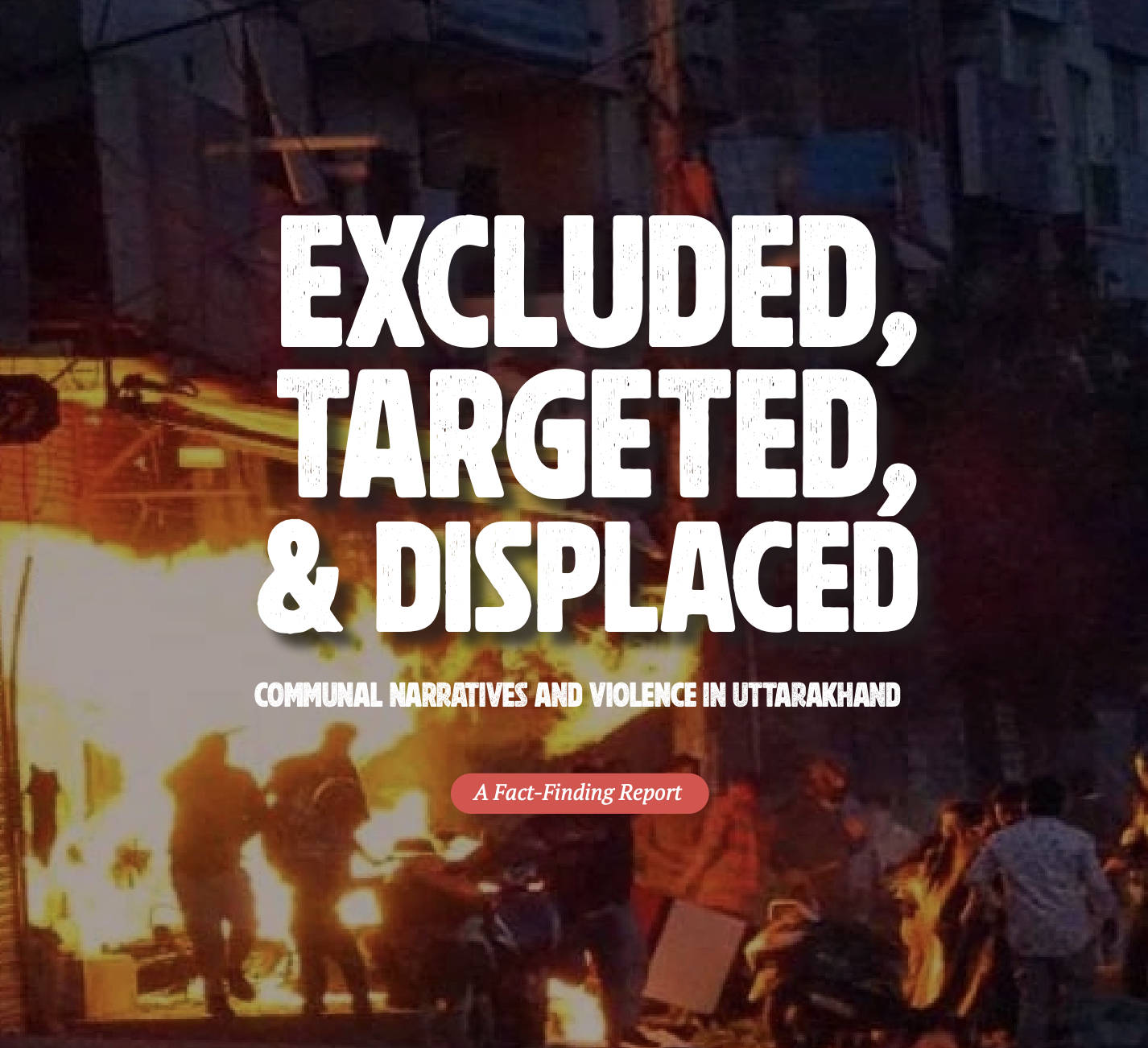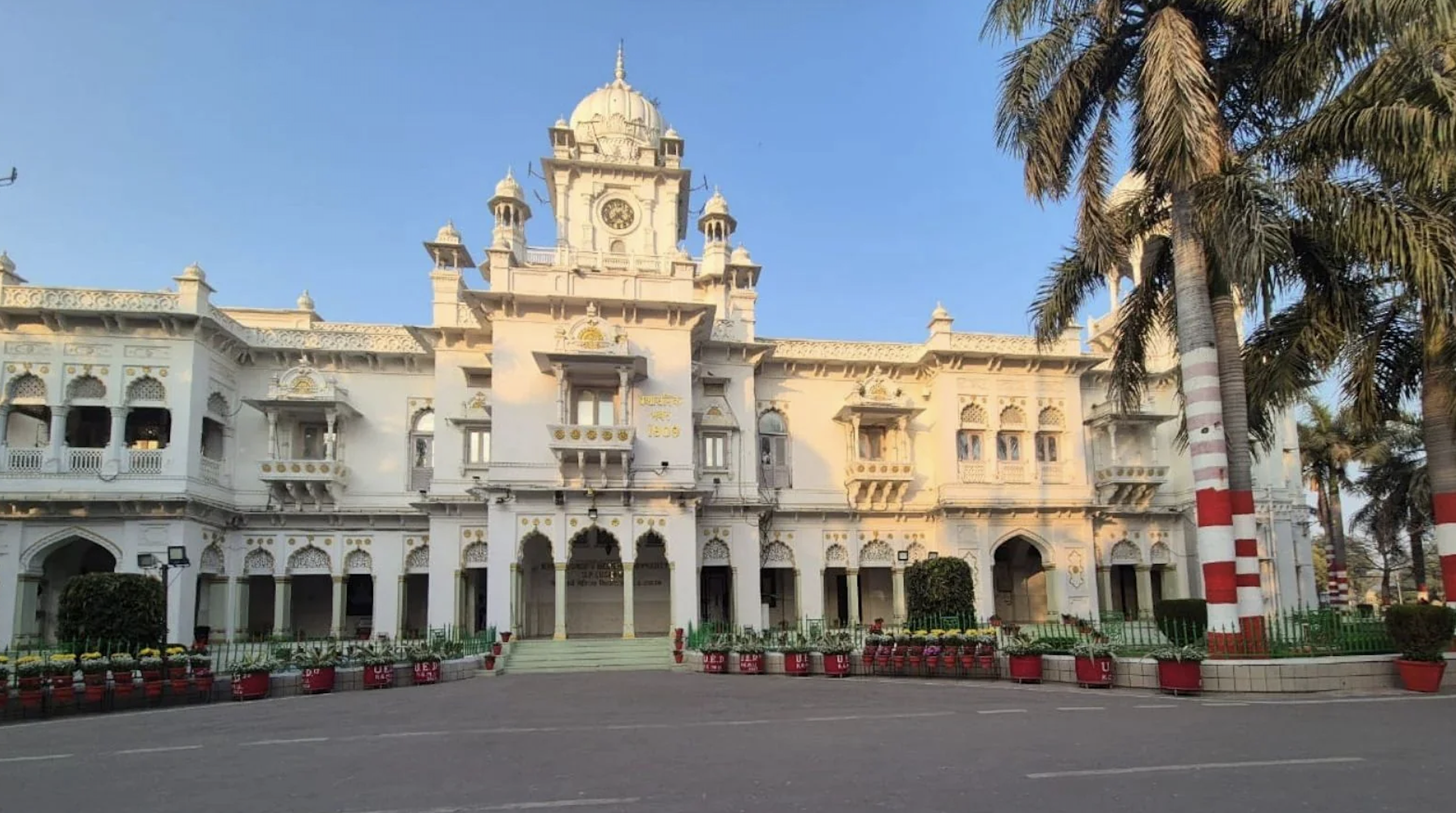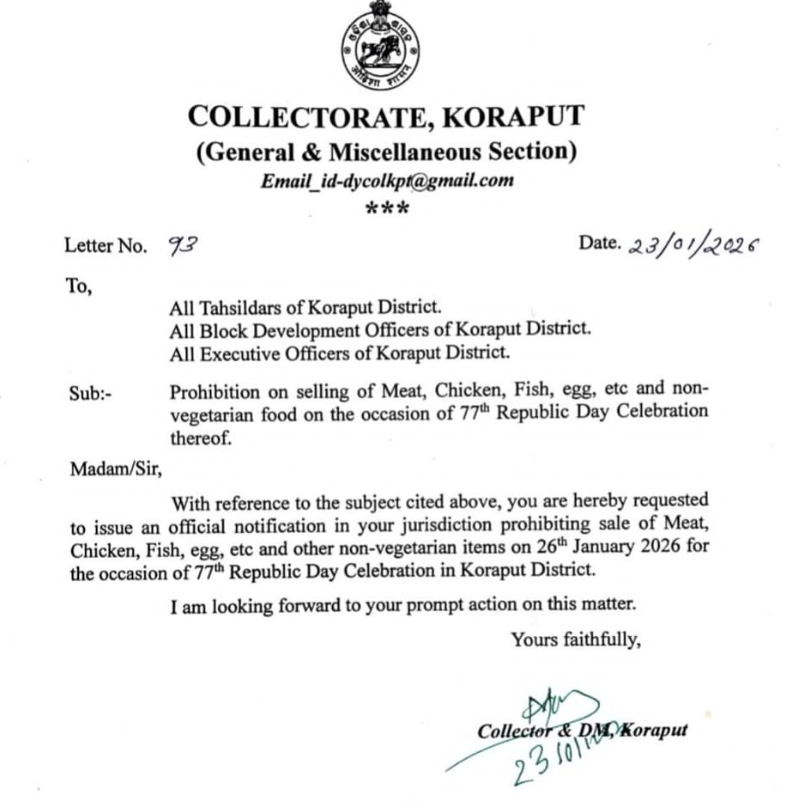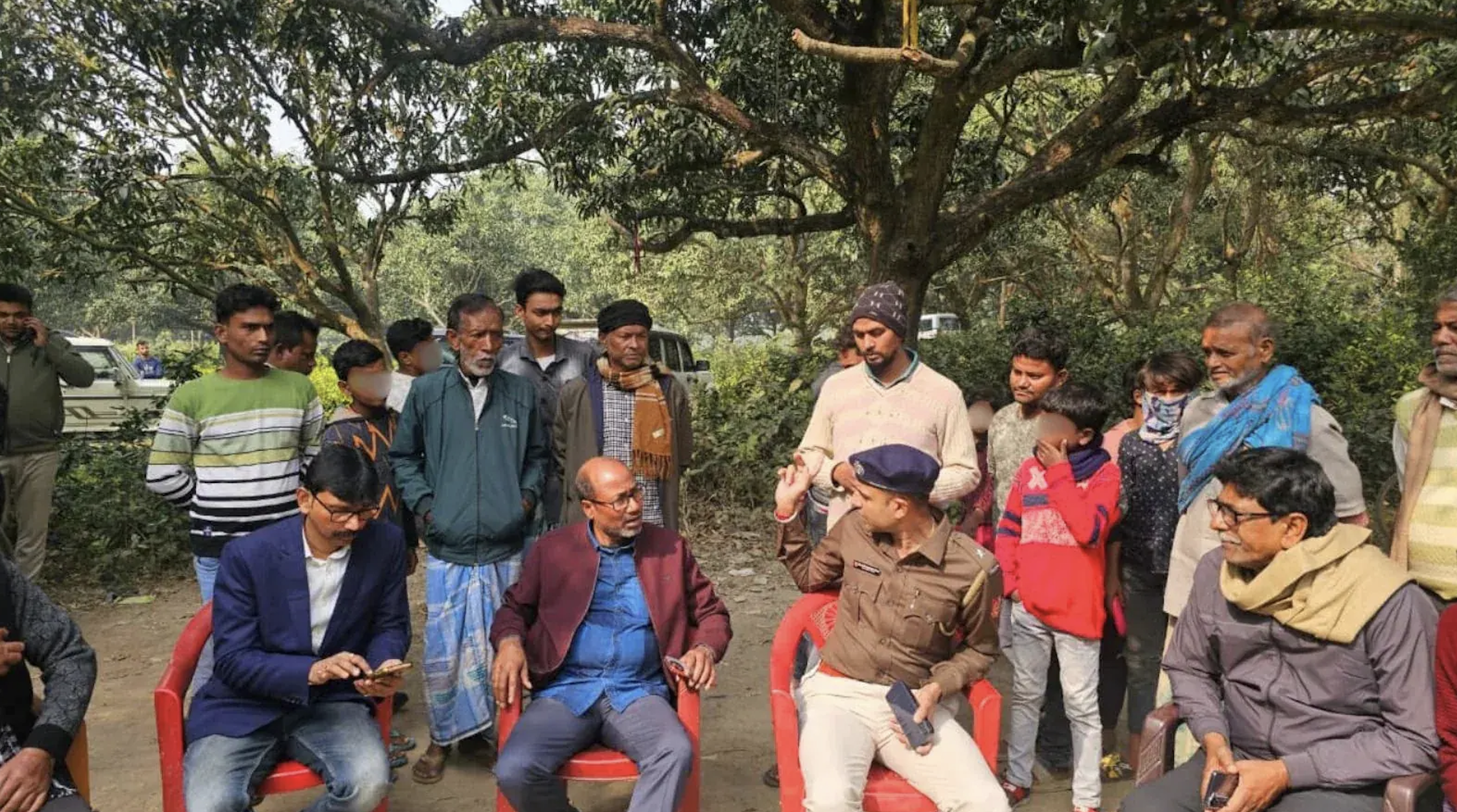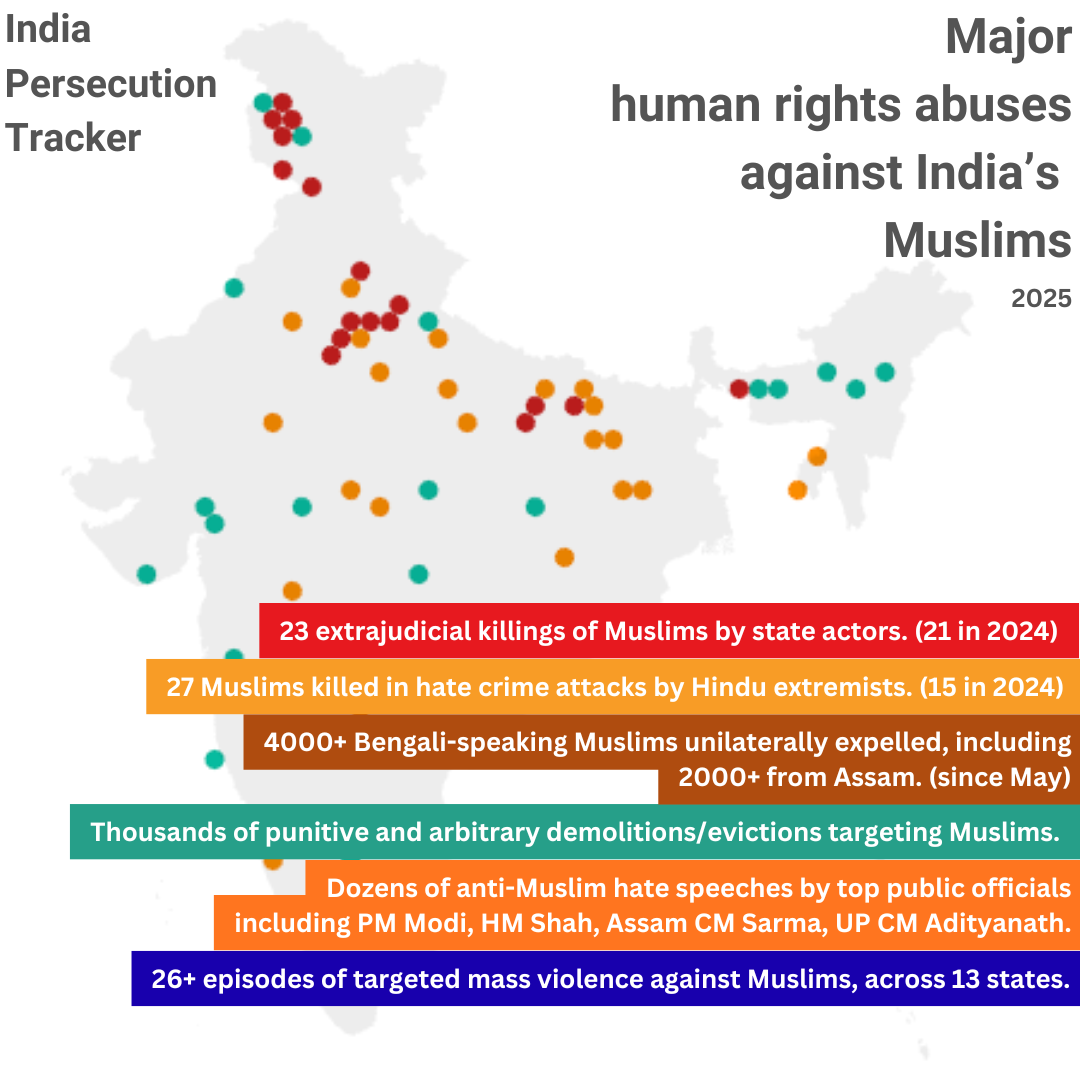
On Oct. 13, California Gov. Gavin Newsom vetoed a bill, SB 509, that would have trained local police on how to recognize and intervene when a foreign government appears to threaten members of its diaspora who express political dissent against their home countries.
Known as “transnational repression,” these intimidation tactics by foreign governments range from online harassment and digital surveillance to physical assault and extrajudicial killings. According to the human rights organization Freedom House, researchers have found that transnational repression is becoming increasingly common worldwide, and several high-profile cases have been reported in the U.S.
The Sikh diaspora in particular has found itself in the crosshairs of alleged transnational repression by the Indian government, as several outspoken Sikh activists in the U.S. and Canada have been targeted, surveilled, and, in some cases, killed in attacks that activists allege were orchestrated by individuals with links to the Indian government.
In June 2023, Hardeep Singh Nijjar, a Canadian citizen and advocate for an independent Sikh state called Khalistan, was assassinated by four Indian nationals. Then-Canadian Prime Minister Justin Trudeau said Canadian officials had “credible allegations” that linked the Indian government to Nijjar’s killing. Indian officials have denied involvement, though a U.S. court filing this month suggested new evidence of possible coordination between Indian operatives and accused conspirators in separate cases. Around the same time, FBI agents foiled a murder-for-hire plot against a Sikh separatist leader in New York. In California, FBI agents also visited three Sikh activists after Nijjar’s assassination to warn them that their lives were in danger.
Though SB 509 did not name specific countries, debate around the bill has inflamed political divisions among South Asian groups in California. Three Sikh organizations, alongside progressive Indian and Kashmiri advocacy groups, stressed that the bill would protect vulnerable immigrant and refugee communities in the state.
While one Sikh organization had opposed the bill, the most vocal criticism came from two influential Hindu advocacy organizations: Hindu American Foundation (HAF) and the Coalition of Hindus of North America (CoHNA). In their joint campaign, they argued that Hindus’ political speech would be criminalized should it align with the Indian government, including criticisms of the Khalistan movement that some Sikhs advocate for.
This story was originally published in prismreports.org. Read the full story here.


